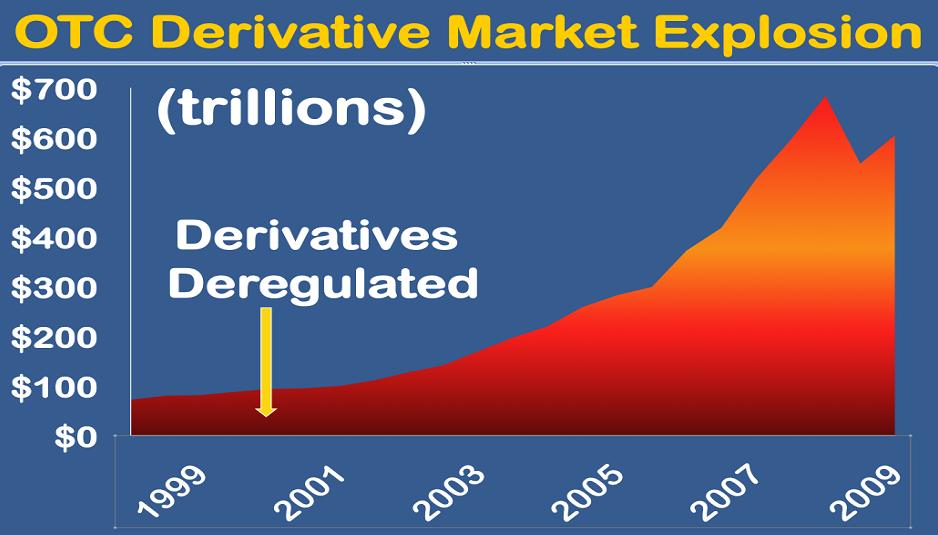What are derivatives?

Today, we will talk about derivatives.
A brief introduction
These financial instruments are claimed to be the reason of all the problems of the world economy, but what are they really?
Derivatives are financial instruments whose value “derives” from the value of another asset, that can be either financial or real. The assets that determine the value of derivatives are called “underlying assets”. The most common examples are shares, bonds, financial indices, commodities, currencies and loans.
As we have already pointed out in the article about securizations, the reason why these instruments were created was the hedging from a specific financial risk (or even from more financial risks all together). Through the rising popularity and the evolution of derivatives, people have started using them for arbitrage (in other words, the purchase of a good in a market and its simultaneous sale on a different market, that leads to an immediate profit) and speculation purposes.
These financial instruments are sold both on regulated financial markets and on Over-The-Counter (OTC) markets. OTC are created and managed by big financial institutions through computer networks.
The history behind them
To understand why derivatives are so important for the global economy it’s crucial to know the history behind them. Financial derivatives dates way further that people might think. Their ancestors (forward contracts) have been used since Ancient Greeks and Romans. They have been traded since the XVII century. However, their biggest expansion -still in progress- has started at the beginning of the past century. In the last years, complex levels of derivatives and the varieties of the underlying assets used for their creation, have reached levels unthinkable just a few decades ago: examples of underlying assets nowadays can be the rain precipitations in a specific geographical area or the amount of cattle “produced” in a certain part of the year.
Conclusions
Derivatives are complex financial instruments but with an enormous diffusion in the financial markets all over the world. The fact that they cover a role of absolute centrality makes them easily criticizable in negative market conditions. So, the real question is: why these instruments are not criticized when they enable the economic expansion and allow bigger profits, impossibles without them?
